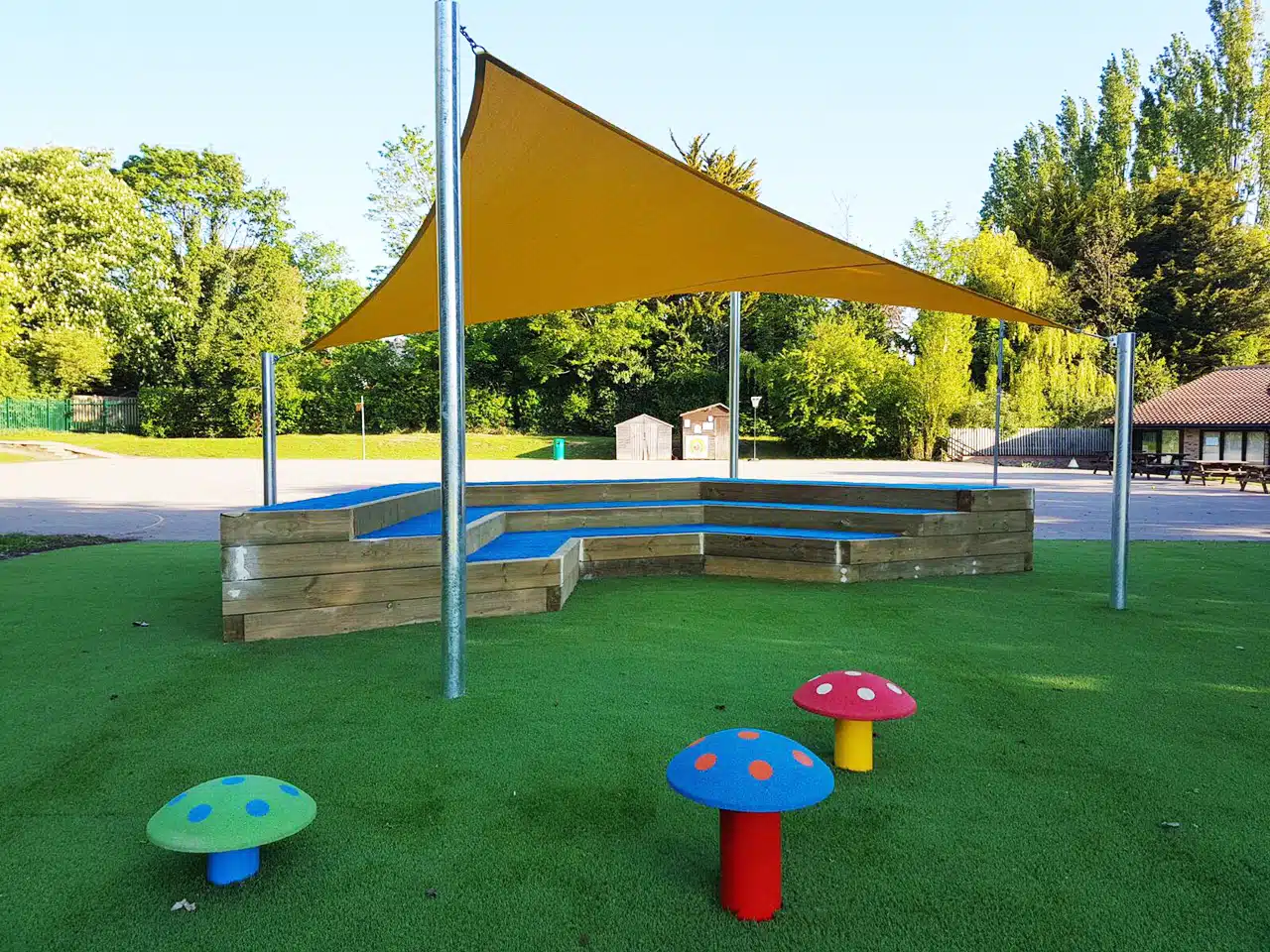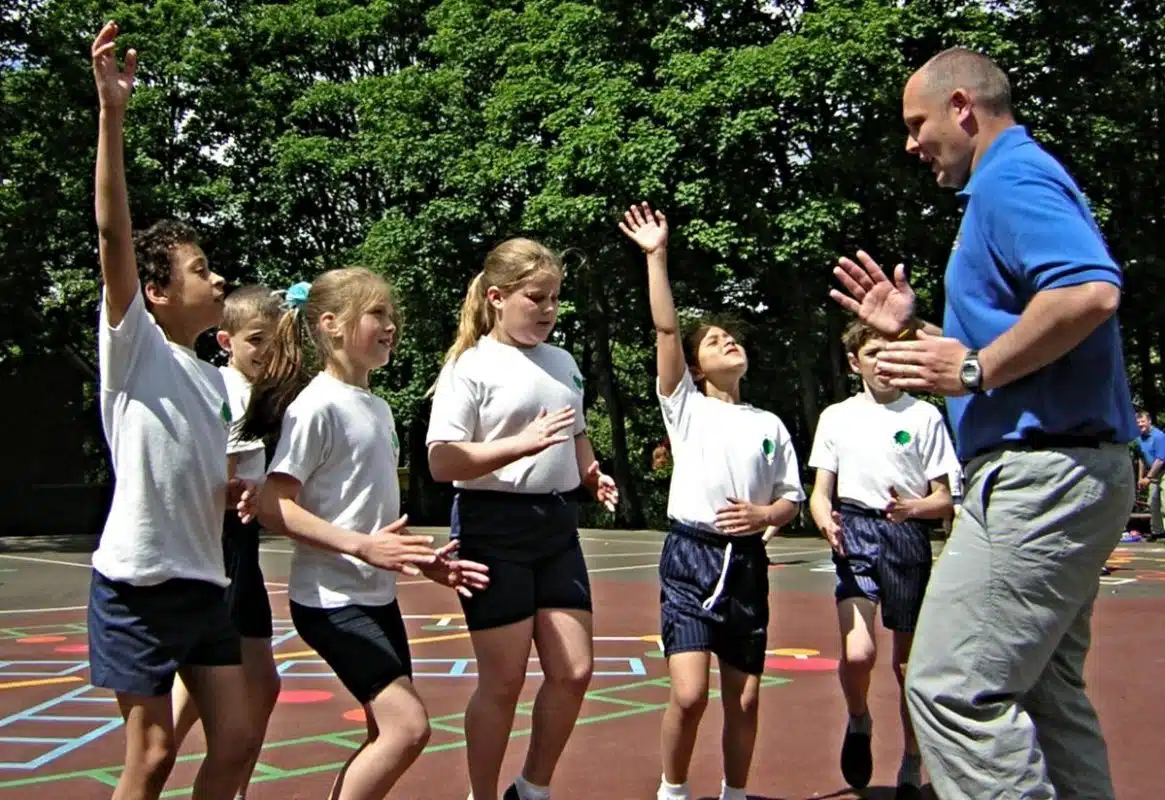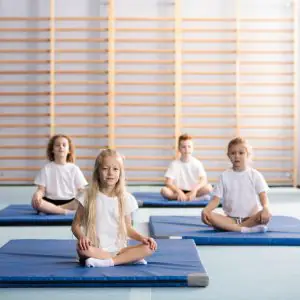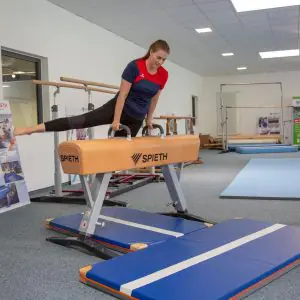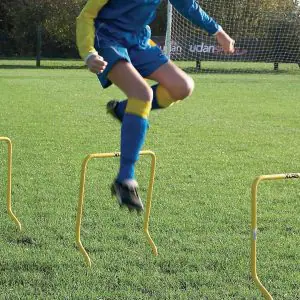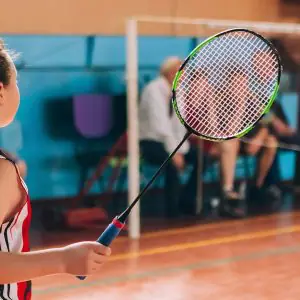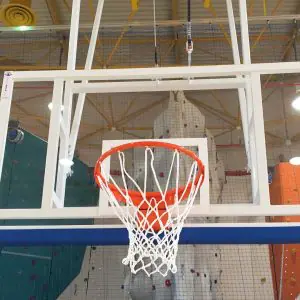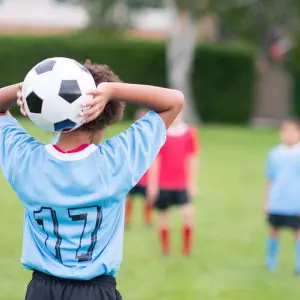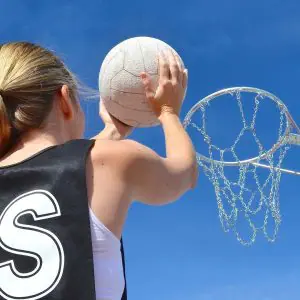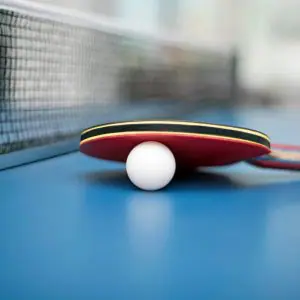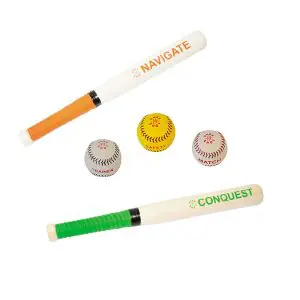Schooling that is creative and filled with hope will also be surprising; schooling that is wholly predetermined, certain, and perfect (at least in its own eyes), will be unsurprising and also un-educational… it is the presence of surprise that makes a school educational.
Of course, children need routine, structure and boundaries to feel safe in their learning environment and to progress emotionally and academically in a steady and unflustered manner. Repetition of a routine, familiarity with surroundings, and knowledge of what to expect all help to reinforce confidence and cement learning. This has all been extensively researched and even used to advantage by educational programme makers – Episode repetition is an effective strategy for enhancing learning and program involvement for a preschool audience.
However, look at the difference you can also make by, occasionally, shaking things up a bit! Long-term strength and predictable progress may lie in swimming downstream with the shoal – but you can also help your pupils to become stronger and more innovative by unexpectedly introducing something new and challenging every now and then.
There is science in surprise. Neuroscientists have discovered that surprise is one of the most powerful human emotions. As it turns out, the brain’s pleasure centre (or the nucleus accumbens) lights up like a Christmas tree when you experience something that you didn’t expect. Not only do you get a nice boost of dopamine, the brain releases noradrenaline – the neurotransmitter responsible for focus and concentration. Think of it as the reset button for the brain.
Just by introducing one or two new things into an established environment you can maintain your pupils’ confidence whilst also galvanising them to flourish, develop and prosper with the occasional surprise!
When we’re surprised, for better or for worse, our emotions intensify up to 400 percent. If we’re surprised with something positive, we’ll feel more intense feelings of happiness or joy than we normally would.
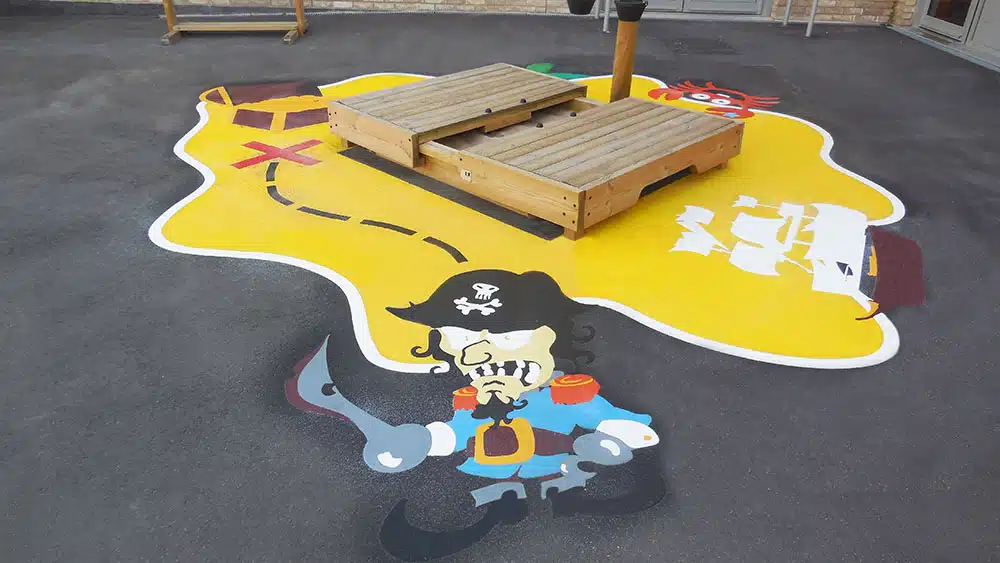
Humans notice and focus on surprising events and are more likely to attend to surprising events. Surprise facilitates curiosity and learning. It also affects beliefs about other events.
The hippocampus is one of the most important brain regions involved in the discovery process… the hippocampus serves as the brain’s ‘novelty detector’ by comparing the sensory information coming in with what’s already known. If this information differs from what is expected, it triggers the release of dopamine – the brain’s feel-good neurotransmitter.
With all this in mind, just imagine the difference you could make to your pupils if they returned to school in September to find just one new, exciting thing. One new item of opportunity, discovery and challenge shining out in an otherwise reassuringly familiar and stable environment.
How about some fabulous new (cost-effective) playground markings to brighten up your outside area and stretch the imagination and learning of your pupils as they investigate a giant, smiley-face compass clock, jump from one jungle phonic to another, or learn to communicate better with friends by exploring the emotions map together.
Or imagine their faces when it is the first break time of the new academic year and there is a brand new play tower -https://sportsafeuk.com/outdoor-sports-and-playground-equipment-installations/play-towers/ – incorporating climbing frames, walkways and slides.
Combine the joy of the surprise, with the imagination of the child, plus the quality of the new equipment and, suddenly, there’s a whole new world of delightfully unexpected discovery and challenge which ‘actually stops all of the other brain activity to let you find meaning in the surprise.’
Introducing the element of surprise, with no expectation or judgement of response, gives your pupils the opportunity to find out more about themselves and, maybe, surprise you in return!
The surprise does not have to be expensive or ‘impressive’ – simple, interactive items can be just as effective as major installations. A set of new hula hoops, a table tennis table, quick set up Badminton kits, a parachute game…they all encourage a new way of thinking, socialising and skill development.
The key to success lies in keeping the environment as safe and familiar as before but the focus on the surprise. It could just be the spark that your pupils need to ignite and maintain their love of learning.

